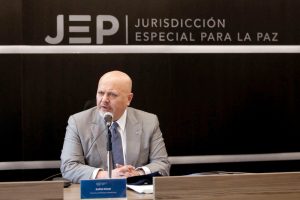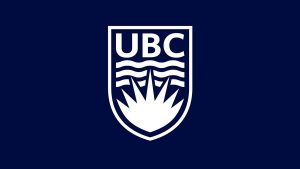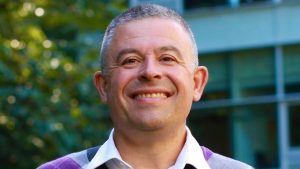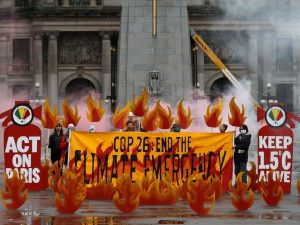Prof. Genevieve Bates: The ICC Doesn’t Look So Interventionist After All
At present, all this is uncharted territory, and it remains to be seen how domestic proceedings in Colombia unfold. What we do know, however, is that the ICC’s decision to withdraw from Colombia suggests it is not the interventionist institution some have accused it of being.
Cracks in tails of RCAF Cyclone helicopters raise ‘serious concerns,’ says Prof. Michael Byers
“Each of these helicopters costs more than $150 million, and the oldest helicopter in the fleet is only five years old,” Byers said “So the fact that there is this problem does raise some very serious concerns as to the quality of the helicopters, the safety of the helicopters.”
UBC Political Science seeking Summer 2022 Sessional Instructors
The Department of Political Science is accepting applications forSummer Session 2022 teaching.
Prof. Paul Quirk commented on Biden’s role in the 2024 presidential election
Biden’s age has always been a cause for concern. UBC political science professor Dr. Paul Quirk says if Biden’s “senior moments” don’t become noticeably more frequent or more alarming over the next two years, he will probably run for a second term. “If the economy is in a strong recovery and the pandemic is behind us, he should have excellent prospects in the election, and there won’t be a strong argument that any alternative nominee would be more electable,” he added.
Professor Yves Tiberghien commented on Chinese leader Xi Jinping’s lack of presence at COP26
The Chinese leader has empowered chief climate envoy, Xie Zhenhua, to act in China’s interest at the summit. That is why Professor Yves Tiberghien doesn’t see Xi’s lack of presence at COP26 making a big difference there. “So in the end, what matters is to have the top negotiators of each major country present and for those negotiators to have complete mandate of their leaders,” said Professor Yves Tiberghien
Prof. Kathryn Harrison explains how we need international collaboration on both fossil fuel consumption and production
Each country is held responsible for greenhouse gas emissions according to the Paris Agreement. “Because 75 per cent of emissions result from burning fossil fuels, an obvious solution is to adopt policies like carbon taxes and zero-emission vehicle mandates that constrain fossil fuel consumption,” said Dr. Kathryn Harrison
Prof. Kathryn Harrison spoke about thermal coal exports in Canada via CBC News
Metallurgical (or coking) coal is used in steel production. However, there are not many cleaner and affordable alternatives available for steel production. “That’s why most national and global modelling exercises looking at climate action [and] carbon constraints find that thermal coal is the first to go: It’s emissions intensive and there are cheaper alternatives,” said Dr. Kathryn Harrison.
Prof. Kathryn Harrison discussed what she will be watching for at COP26
Dr. Kathryn Harrison comments on how poor countries suffer as rich countries miss climate targets. She will be writing opinion pieces from the COP26 Climate Change Conference in Glasgow.
Prof. Yves Tiberghien comments on how vital is it for china to be on track to meet carbon targets despite challenges
“China is part of the problem but also part of the solution. China has pushed the envelope on renewable energies. For example, the cost of solar panels have dropped by 90% over the last ten years due to massive investment by China,” said Professor Yves Tiberghien.
Prof Paul Quirk says Donald Trump could attempt to overturn the results of the 2024 election if he runs again
“If nothing else, [Trump] can use his candidacy to undermine the various prosecutions that he may be facing,” Professor Quirk said. “If his Plan A is to win 271 votes in the Electoral College, his Plan B may be to win at least one vote of a juror in any criminal trial.”








